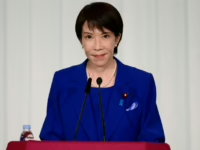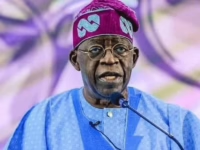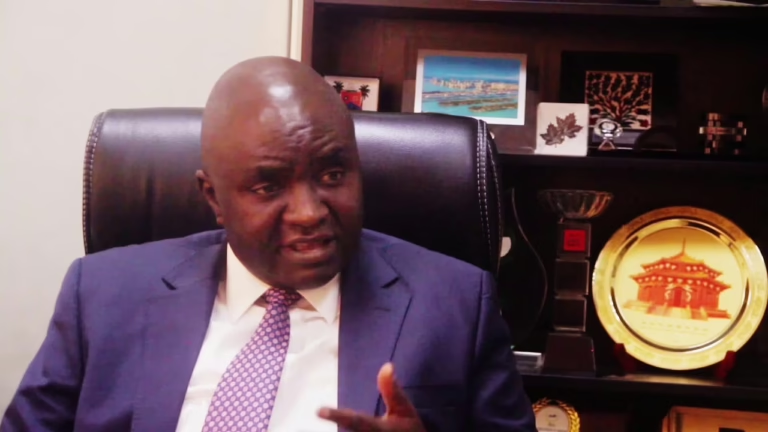The Centre for the Promotion of Private Enterprise (CPPE) has highlighted the importance of exercising utmost caution, transparency, and adherence to Nigeria’s anti-corruption, drug control, and human rights obligations when applying the prerogative of mercy, especially in cases involving grave economic and financial crimes.
In a positive development, the organisation commended the Attorney General of the Federation and Minister of Justice, Prince Lateef Fagbemi, for affirming that the list of beneficiaries under the presidential prerogative of mercy remains subject to ongoing review.
Dr. Muda Yusuf, CPPE’s director and CEO, remarked, “The Justice Minister’s clarification, who also chairs the Presidential Advisory Committee on Prerogative of Mercy, reflects the government’s attentiveness to public opinion, a cornerstone of democratic governance.”
He acknowledged the widespread public unease following the initial disclosure of pardons, particularly those granted to individuals convicted of corruption, financial misconduct, homicide, drug trafficking, and illegal mining. These cases pose significant challenges to the credibility of governance, institutional trustworthiness, and the confidence of investors.
Yusuf emphasized that extending clemency in such sensitive matters could have far-reaching economic and societal consequences.
He observed, “At a pivotal moment when Nigeria is striving to diversify its economy, attract foreign investment, and restore international confidence, leniency towards serious economic offenders risks sending ambiguous signals to both domestic and global audiences.”
He underscored the necessity of a firm approach against economic and financial crimes to uphold deterrence, strengthen enforcement mechanisms, and nurture a culture of responsibility. “Investor trust depends on consistency, equity, and justice. Repeated pardons for economic offenders raise doubts about policy reliability and the security of investments,” he added.
Yusuf called on the federal government to actively revisit and refine the list of those granted presidential clemency, reaffirming Nigeria’s commitment to fighting corruption, drug trafficking, illegal mining, and financial crimes. He stressed that “preserving institutional integrity must not be compromised by expediency or political motives. Transparency and accountability in the use of executive clemency are crucial to maintaining public confidence and investor trust.”
He further stated, “Nigeria’s goal to build a competitive, diversified, and internationally respected economy relies heavily on the credibility of its institutions and the integrity of its governance systems. A decisive stance against economic and financial crimes is indispensable to realizing this ambition.”
Yusuf concluded by emphasizing that “to sustain a favorable investment climate and ensure social harmony, the government must uphold unwavering dedication to accountability and the rule of law. The success of Nigeria’s economic reforms and investment strategies is intrinsically linked to these foundational principles.”





















